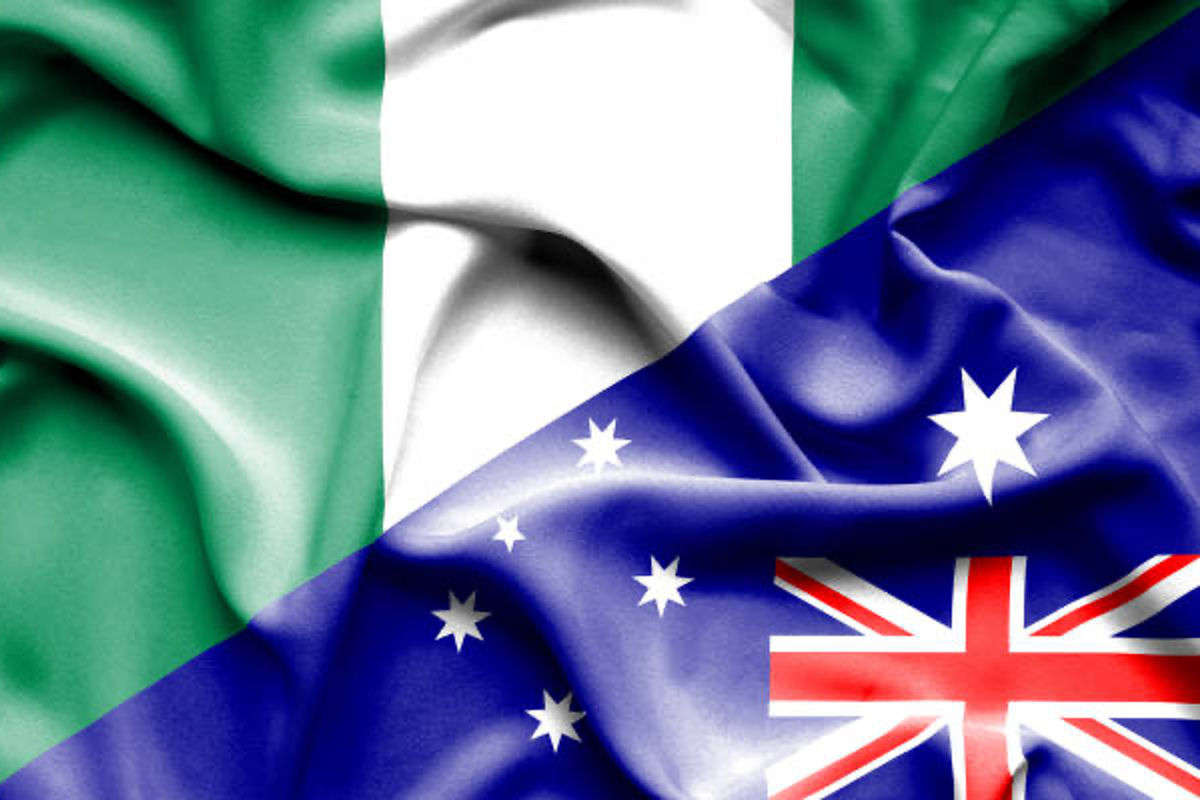Nigeria Eyes Australian Partnership to Boost Mining, Gender Representation
Nigerian Deputy Speaker Ben Kalu highlighted collaboration opportunities in sustainable mining, job creation and women's representation in governance.

Nigeria is seeking stronger partnerships with Australia and Rwanda to improve women’s participation in governance and mining, while tapping into global best practices for sustainable resource development.
Ben Kalu, deputy speaker of the House of Representatives, spoke to delegations from both countries at the National Assembly in Abuja last week, including Australia's Leilani Bin-Juda and Rwanda’s Christopher Bazivamo.
During the talks, he emphasised Nigeria’s wealth in natural resources and the potential for its mining sector to drive economic development. He also pointed to Australia’s leadership in mining technology and sustainable extraction methods, calling for increased collaboration between the nations.
Relations between Nigeria and Australia
According to Nigerian news outlet Punch, Kalu expressed confidence that partnerships with Australian mining companies could aid job creation and help maximise the country’s resource potential.
Past bilateral engagements between Nigeria and Australia have focused on mining, agriculture and trade.
In a separate discussion this past January, Janet Olisa, director of the regions department at Nigeria’s Ministry of Foreign Affairs, noted that the two countries share similar climates and said that Nigeria is eager to learn from Australia’s advances in renewable energy, particularly solar power.
“We believe we are close to the same climates, not much of a difference, probably you have a hotter one … We would like to learn from what you’ve done, would like to see what’s the best practice,” she said.
Kalu believes that Australia can assist Nigeria in creating jobs, boosting local economies and ensuring that the country's natural resources contribute to its overall development.
Women's growing role in mining
Kalu also underscored the importance of gender equality in national development.
He referenced ongoing constitutional amendments aimed at improving women’s representation, including gender bills like House Bill 1349, which proposes reserved legislative seats for women.
“This initiative is crucial for enhancing women’s representation in governance, which is essential for a balanced and equitable society,” Punch quotes him as saying.
Australia faces its own gender-related challenges in the mining sector. According to a March report from the Workplace Gender Equality Agency, a wage gap persists between male and female workers.
However, recent reforms such as the Same Job, Same Pay legislation aim to address these disparities, with more than 4,000 workers already benefiting from wage adjustments.
Bin-Juda affirmed Australia’s interest in deepening economic ties with Nigeria, particularly in mining, trade and investment. Talks in January with Nigeria’s Ministry of Foreign Affairs also included plans for a joint mining initiative with the Ministry of Mines and Steel Development in the near future.
Don’t forget to follow us @INN_Australia for real-time updates!
Securities Disclosure: I, Gabrielle de la Cruz, hold no direct investment interest in any company mentioned in this article.
- BHP and Rio Tinto Face Class Action Sexual Harassment Cases in Australia ›
- Australia’s Mining Gender Pay Gap Shrinks, Women Still Earn Less ›
